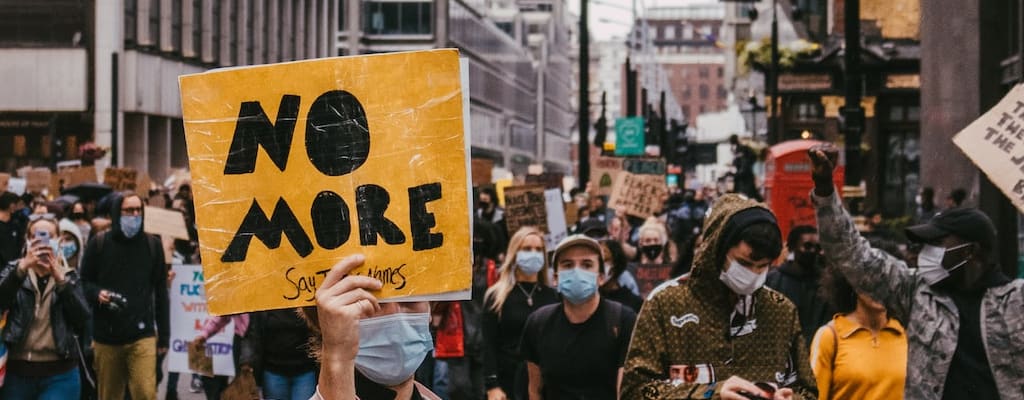economical with the truth: Idiom Meaning and Origin
What does ‘economical with the truth’ mean?
The idiom economical with the truth means to be intentionally vague or deceitful, using clever wordplay to avoid telling the whole truth.

Idiom Explorer
Tactical Vagueness
The idiom "economical with the truth" is commonly used to describe situations where people are deliberately vague or misleading, often with the intention of concealing the full truth or manipulating the perception of an issue. This phrase gained prominence in the English language, especially in the realm of politics. Its origins are attributed to Sir Ronald Millar, a British playwright, who popularized it during the political scandals of the 1980s.
During a 1986 interview with Mark Antony, a British politician, he accused the government of being "economical with the truth" regarding its actions in the controversial Westland affair. This incident received significant media attention, and the phrase quickly became associated with acts of deception and obfuscation in politics.
The idiom itself is a figurative expression that relies on the concept of economy, suggesting that individuals intentionally "save" or withhold the truth instead of freely disclosing all relevant information. By framing the act of withholding the truth as a form of economy, the idiom carries a subtly negative connotation, implying a lack of honesty or transparency.
Additionally, the use of the word "truth" in this idiom adds complexity. While truth is generally considered objective, this idiom suggests that individuals can manipulate or control the presentation of truth to suit their own purposes. It highlights the potential for subjective interpretations of truth and draws attention to the power dynamics involved in communication.
This idiom is often related to other idioms that similarly express deception or dishonesty. One such idiom is "bend the truth," which means to twist or distort the truth for personal gain. While "economical with the truth" implies a deliberate withholding, "bend the truth" suggests a bending or stretching of the truth to fit a particular narrative.
Another related idiom is "cut corners," which refers to the act of taking shortcuts or using subpar methods or materials to save time or money. Similarly, "economical with the truth" implies a willingness to sacrifice honesty or transparency for the sake of personal or political interests.
"fudge the issue" is another related idiom, which means to evade or avoid addressing a difficult or controversial topic directly. This idiom aligns with the concept of being "economical with the truth" in that both involve obfuscation or avoidance of the full truthful picture.
Lastly, there is the idiom "double-tongued," which refers to someone who speaks with two different voices or contradicting opinions. This idiom reflects a similar notion of deception and misleading that is present in the idiom "economical with the truth."
Overall, the idiom "economical with the truth" has become a powerful expression for describing acts of dishonesty and obfuscation, particularly in politics. Its figurative nature, emphasis on the manipulation of truth, and its association with the political scandals of the 1980s have contributed to its prominence in the English language. However, the idiom also invites ongoing discussions about the nature of truth and its relationship to communication, leaving room for interpretation and exploration.
Example usage
Examples of how the idiom economical with the truth can be used in a sentence:
- She was being economical with the truth when she said she didn't know about the party; she had actually helped plan it.
- The politician was accused of being economical with the truth in order to avoid taking responsibility for the failed policies.
- He has a reputation for being economical with the truth in his business dealings, often exaggerating his company's success.
More "Deception" idioms



